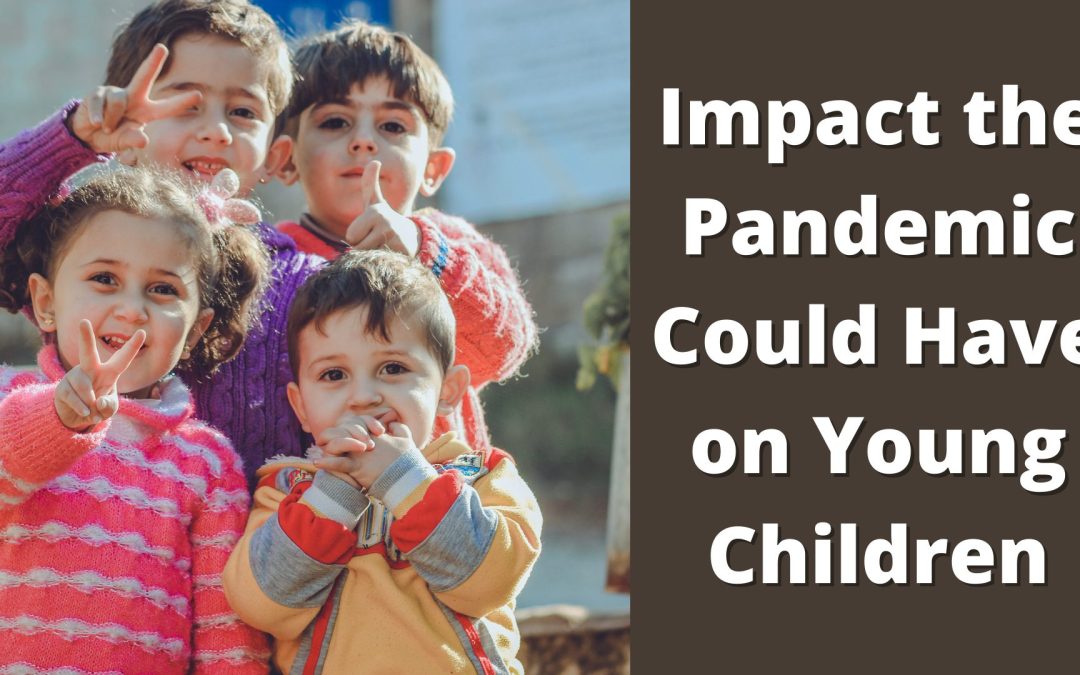We all are still recovering from full-blown quarantine from the Covid-19 outbreak two years ago. And for most, getting the vaccine and protecting themselves and family have proved effective. People are beginning to get a sense of safety back, and are venturing outside the home. Whether it’s for a grocery run, a trip to the museum, or just spending time with friends, it’s good to get a sense of normalcy back. But for younger, early education kids, what impacts could this have on their social skills?
The Importance of Social Skills
Children take cues from everyone and everything they meet. They are constantly learning, and this is never truer than when they are younger, around two to three years old. This is a critical learning period for them to start developing social skills. Children at this stage are starting to initiate contact, often times waving and saying “Hi” or “Bye” to people they see. Children are also learning when to wait their turn to speak, and make eye contact or look at people who are talking. Within a year or two, they are already starting to communicate more, often with a larger vocabulary. They are also spending more time with children their own age, having play dates and beginning to learn taking turns and playing with toys.
What Could Your Child Be Missing?
If your child was in these critical learning ages when the pandemic hit, it might have impacted how well they were able to pick up on social cues from others. Not being able to spend time with others and staying at home might have made it harder for children to learn to play well with others, listen thoughtfully and engage others. Of course, children have their parents and any siblings at home to help with some social skills, but part of these skills is learning from strangers, friends and other people they may interact with down the road. Coming out of the pandemic, they may be a little more hesitant or shy around people, and may be a little more awkward around their peers.
What You Can Do to Help
With two years already gone by with limited social interactions, you may have already taken this task upon yourself to help your child learn these necessary skills. One relatively easy way to get some more social interactions for your child is to have Zoom or other video play dates with neighbors’ children. Although it’s not as great as in-person contact, it’s still seeing other people and developing relationship and social skills. Plus, it will benefit your friends and neighbors who may be struggling with the same issues! You can also look to the Internet for some videos and lessons online that may also help catch your child’s attention and help them feel connected to teachers and other students. If you feel comfortable enough, you can even have in-person play dates to help begin those social skills as soon as you can.
Katie Kyzivat

